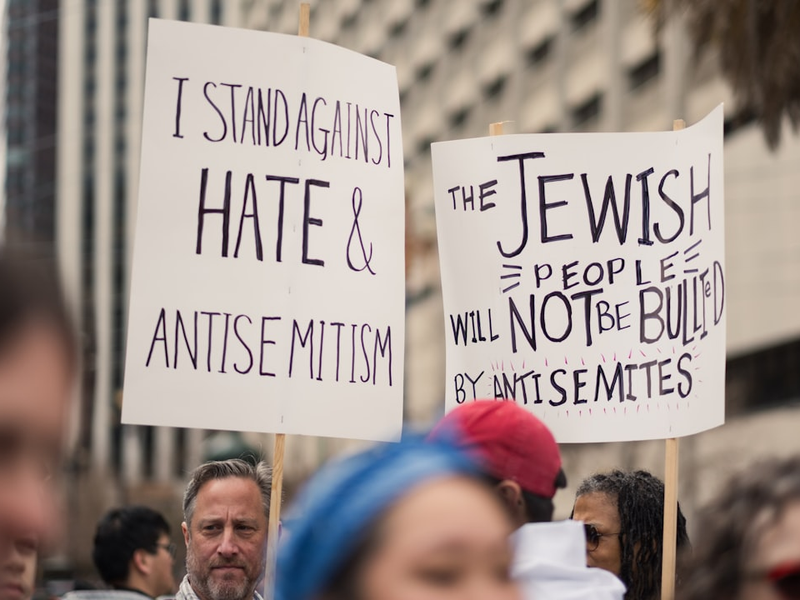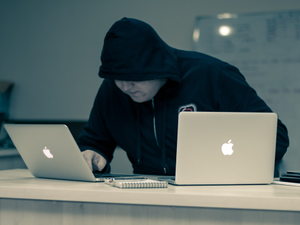California's Battle Over Campus Speech: When Protecting Students Meets Academic Freedom

Photo by Levi Meir Clancy on Unsplash
The halls of California’s state legislature have become a battleground for one of the most complex and emotionally charged debates in recent memory: how to address antisemitism in schools without compromising free speech.
In a move that has deeply divided California’s Democratic lawmakers, Assembly Bill 715 emerged as a lightning rod for tensions surrounding the Israeli-Hamas conflict and campus discourse. The bill, initially proposed by the California Legislative Jewish Caucus, aimed to create guidelines preventing antisemitic environments in educational spaces.
The legislation’s journey was fraught with intense emotional and political challenges. Jewish lawmakers like Rebecca Bauer-Kahan shared deeply personal stories, recounting family histories of Holocaust survival and recent experiences of antisemitic vandalism in local schools. These narratives underscored the urgent need to protect students from discrimination.
However, the bill faced significant pushback from education groups, teachers unions, civil rights advocates, and Muslim community organizations. Their primary concern was the potential for censorship and infringement on academic freedom. The legislation’s evolving language – which initially sought to restrict discussions about Israel – sparked heated debates about what constitutes antisemitism versus legitimate criticism.
The final version of the bill was substantially watered down, removing specific references to the Israel-Hamas war and instead focusing on broader anti-discrimination principles. It requires “factually accurate” instruction free from personal bias, though critics argue this standard remains problematically vague.
For California Democrats, the bill represented a delicate balancing act. They needed to address legitimate concerns about rising antisemitism while not alienating their increasingly pro-Palestinian base, particularly younger voters who are more critical of Israeli government policies.
Ultimately, the legislation reflects the complex landscape of contemporary political discourse, where nuanced conversations about identity, history, and conflict are increasingly challenging to navigate. As Governor Gavin Newsom signed the bill into law, it became clear that the conversation about protecting students while preserving academic freedom is far from over.
The battle over AB 715 serves as a microcosm of broader national debates about speech, education, and the delicate art of addressing systemic discrimination without creating new forms of silencing.
AUTHOR: kg
SOURCE: CalMatters
























































